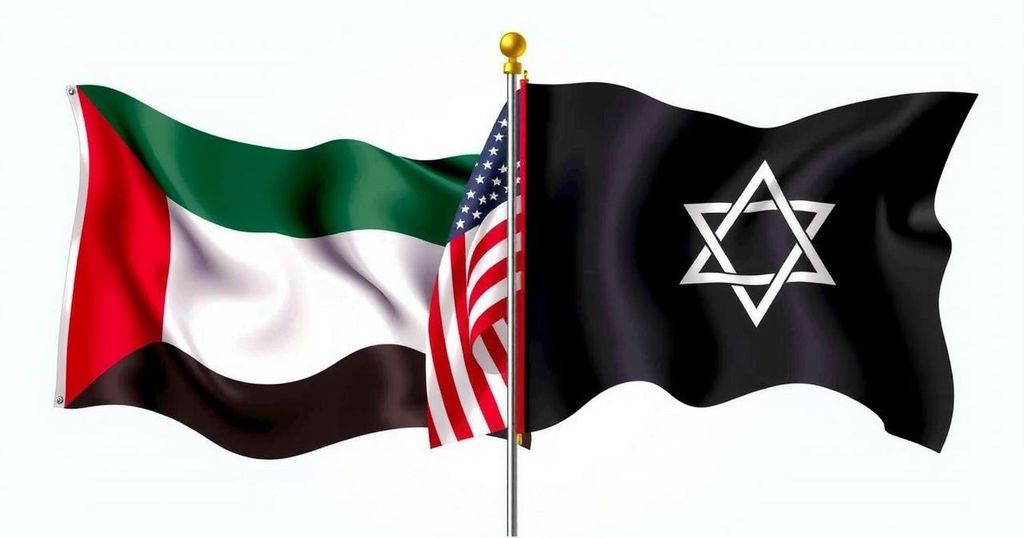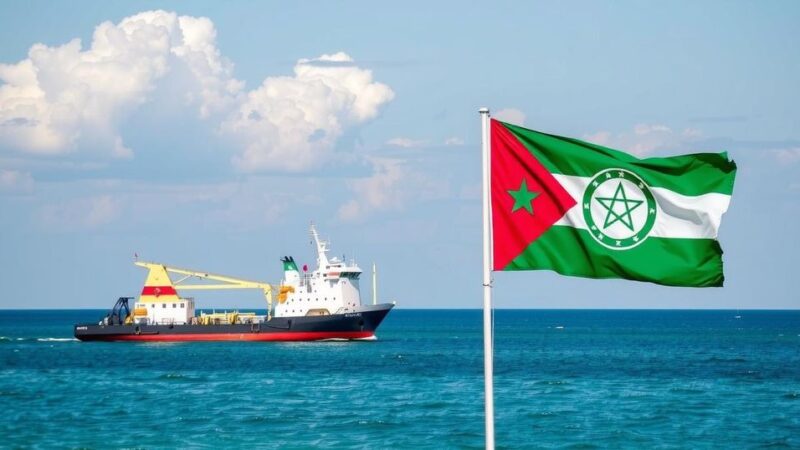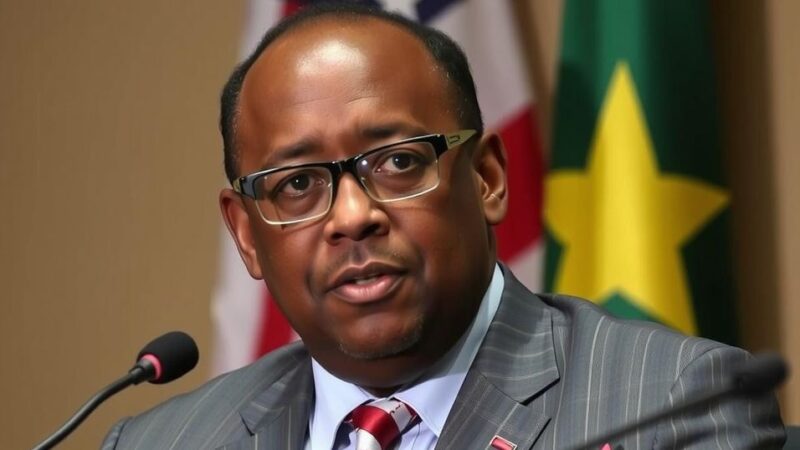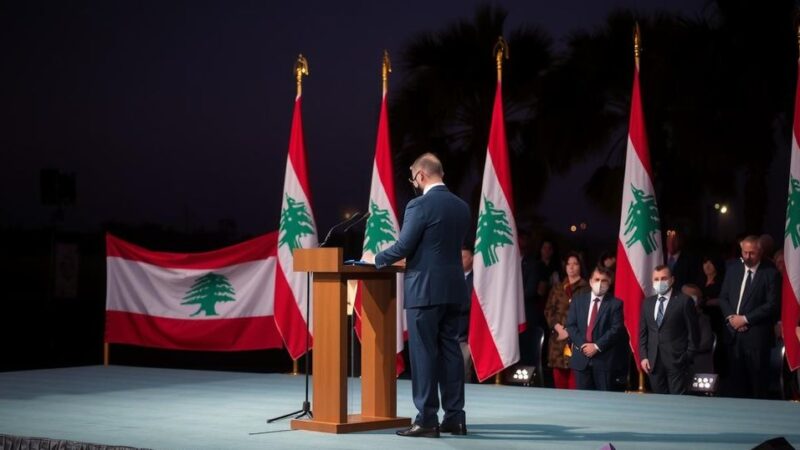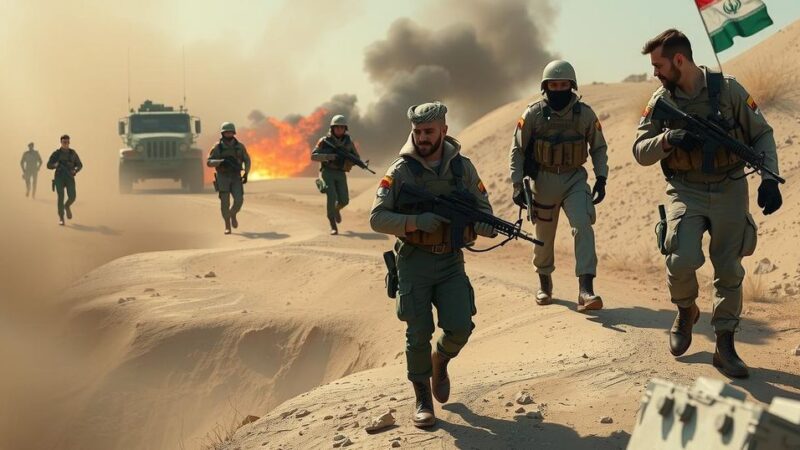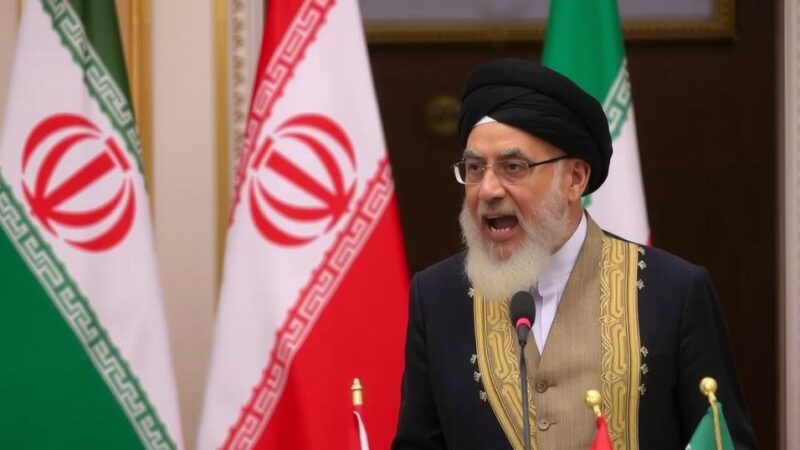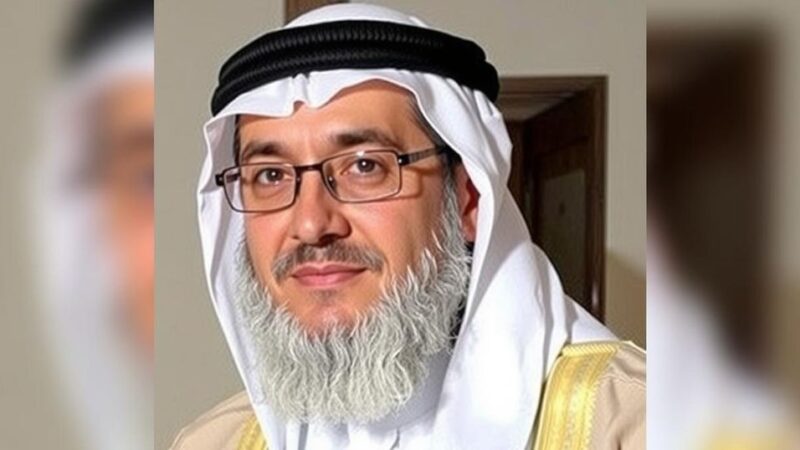The UAE is in talks with Israel and the U.S. regarding a provisional administration for post-war Gaza, aimed at ensuring governance until a reformed Palestinian Authority can take over. Discussions are ongoing but lack formalization or governmental endorsement, with the need for significant reforms within the PA emphasized. The rebuilding of Gaza is expected to require extensive international support amid ongoing complexities posed by Hamas.
The United Arab Emirates (UAE) has engaged in discussions with Israel and the United States regarding the establishment of a provisional government to oversee post-war Gaza until a reformed Palestinian Authority (PA) is deemed capable of governance. These discreet negotiations reportedly involve the UAE and the U.S., along with other nations, coordinating governance, security, and reconstruction efforts following the withdrawal of Israeli military forces. However, the specifics discussed remain fluid, lacking a formalized plan or government endorsement.
During the dialogue, UAE representatives emphasized the necessity of reforming the PA to govern Gaza, the West Bank, and East Jerusalem as part of an independent Palestinian state. This proposal contrasts with Israel’s public opposition. An official from the UAE stated that the Emirate would only engage in initiatives incorporating significant PA reforms and a credible pathway towards a Palestinian state, underscoring that these elements are vital for any successful post-war strategy.
Since the PA’s establishment three decades ago, it has only partially governed the West Bank while losing control of Gaza to Hamas in 2007. Discussions reveal that the PA must improve its structure to intuitively manage Gaza’s future, which will require extensive international support, estimated in the tens of billions of dollars. The UAE’s strategic partnership with the U.S. bolsters its influence over the Israeli government, particularly in light of its opposition to Hamas, identified as a destabilizing force in the region.
Furthermore, Emirati officials have proposed the potential involvement of private military contractors to form a peacekeeping presence in Gaza, though such suggestions have raised alarms about the implications for human rights. Rebuilding Gaza’s infrastructure and political institutions is projected to be a lengthy process that can only succeed with substantial external assistance and careful diplomatic coordination. Both the UAE and Israel appear united in their objective of overcoming the challenges posed by Hamas, while the world watches for the emergence of a viable governance framework in Gaza.
Overall, the UAE is considering its role as a stabilizing force in the post-war landscape and is advocating for a reformed Palestinian leadership, with potential candidates like former Prime Minister Salam Fayyad being mentioned as suitable leaders for the PA. The dialogue is ongoing as international mediators push for a lasting ceasefire in the region.
The backdrop of this discussion is the ongoing conflict in Gaza, stemming from heightened tensions and military actions that have lasted over a year. The UAE aims to play a pivotal role in facilitating governance and stability in Gaza post-conflict, navigating the complexities arising from Israel’s longstanding grievances against the PA and the challenges posed by Hamas’s influence in the region. The reconstruction of Gaza is projected to be a daunting task, requiring extensive financial resources and a constructive diplomatic strategy involving numerous stakeholders.
In summary, the UAE is at the forefront of discussions aimed at establishing a provisional government in Gaza, emphasizing the need for substantial reforms within the Palestinian Authority. As diplomatic negotiations continue, the future of Gaza remains contingent on effective governance, reconstruction efforts, and the involvement of international partners. With ongoing tension and the potential for instability, the situation in Gaza requires collaborative efforts to foster a sustainable peace.
Original Source: www.jpost.com

